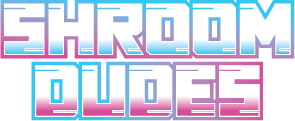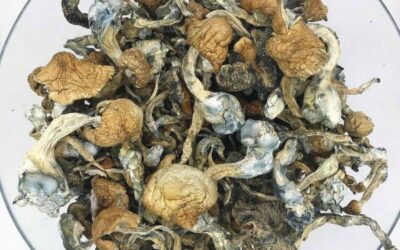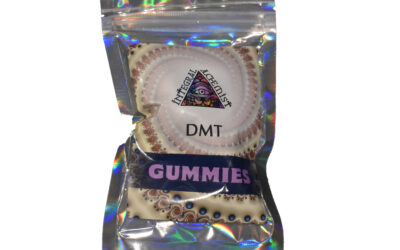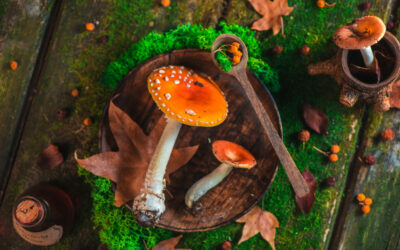CBD vs. THC: What’s the Difference?

Just like anybody else, you must have been hearing a lot of information concerning marijuana and cannabis products. As several states continue to join the legalization bandwagon, it would help if you understand some of the cannabis-based cannabinoids that have stood the test of time: THC and CBD.
As more states legalize cannabis and marijuana products, you’ll hear more about them. CBD and THC are two of the most studied natural compounds. Cannabinoids are viscous substances produced by the cannabis plant. There are around one hundred of these chemicals in cannabis. Your body reacts to them in a similar way to a drug.
In cannabis products, THC (tetrahydrocannabinol) and CBD (cannabidiol) are the most common cannabinoids. THC and CBD are present in equal amounts in both marijuana and hemp. Hemp has a higher concentration of CBD than marijuana, despite the former’s higher THC content.
Chemical Composition of THC and CBD
In both CBD and THC, there are two oxygen atoms and thirty hydrogens in each carbon atom. The atoms’ arrangement is what makes the difference. Thus, CBD and THC are chemically unique and have different effects on the human body.
Neurotransmitters are released when CBD and THC bind to receptors in the brain. In addition to pain and mood, they can also affect sleep and memory.
How Do THC and CBD Affect Your Body?
Marijuana’s main psychedelic ingredient is tetrahydrocannabinol (THC). It’s what makes people feel “euphoric” or high.
Potential Health Benefits
CBD may help one deal with Crohn’s disease, arthritis, multiple sclerosis, and diabetes. Some people believe it helps with anxiety, insomnia, and chronic pain.
However, more research needs to be done to confirm CBD’s effectiveness in dealing with medical health conditions.
Recently, the FDA approved one CBD-based medication, Epidiolex. Epidiolex is a drug used to treat a wide range of severe forms of pediatric epilepsy that are very uncommon. Scientists are focusing a lot of attention on CBD. CBD is being used in over 160 clinical trials, according to a database maintained by the National Institutes of Health.
In states where THC is legal, it may be used while trying to manage the following conditions:
- Parkinson’s disease tremors
- Nausea
- Nerve pain
- Glaucoma
- Multiple sclerosis pain
CBD Vs. THC Side Effects
THC may cause:
- Dizziness
- Drowsiness
- Vomiting
- Memory loss
On the other hand, some of the side effects that are associated with CBD use may include:
- Diarrhea
- Dry lips
- Lightheadedness
- Dry eyes
However, the side effects associated with the use of CBD are mild. Hence, they can be managed. One should remain hydrated after Ingesting CBD by drinking a lot of water to manage some of the side effects.
CBD Vs. THC Legality
According to the 2018 Farm Bill, by a law passed by Congress, one can use, possess or sell hemp-derived products as long as they contain less than 0.3% THC.
Cannabis laws and legal frameworks are dynamic. Currently, several states allow the use of medical marijuana containing THC, but some of the THC analogs like delta 9 THC are still illegal.
On the other hand, one may use recreational marijuana with THC for personal use but not in all states.
CBD products like CBD isolates do not contain any traces of THC. Hence, one may use the product legally under US federal law.
Take Away
It could help if one noted that you should consider talking to your doctor before using THC and CBD in managing a medical condition. They will help you understand how it may affect your normal processes.
It would help if you considered checking the laws governing CBD and THC use before considering buying the products in any state.



